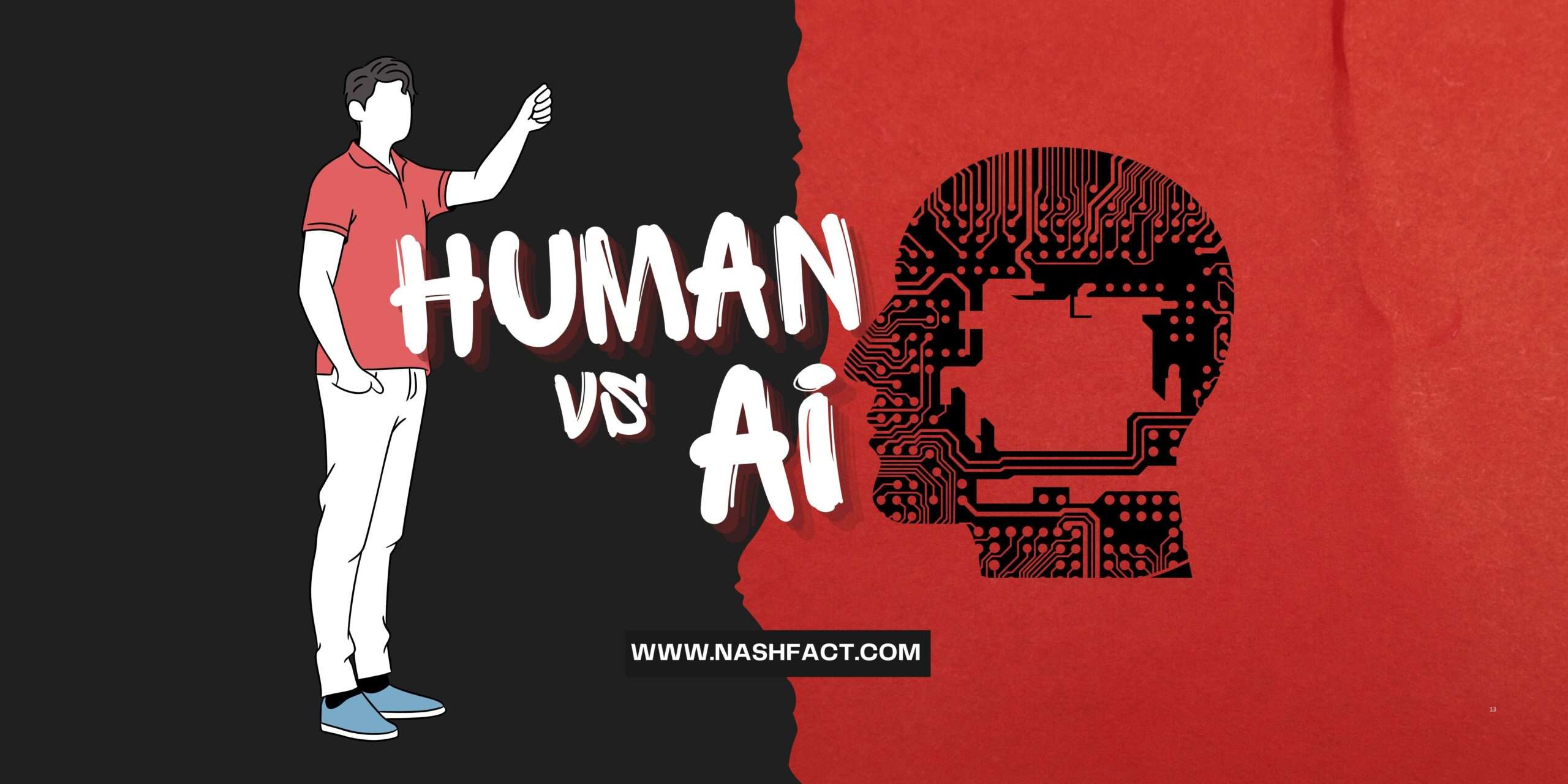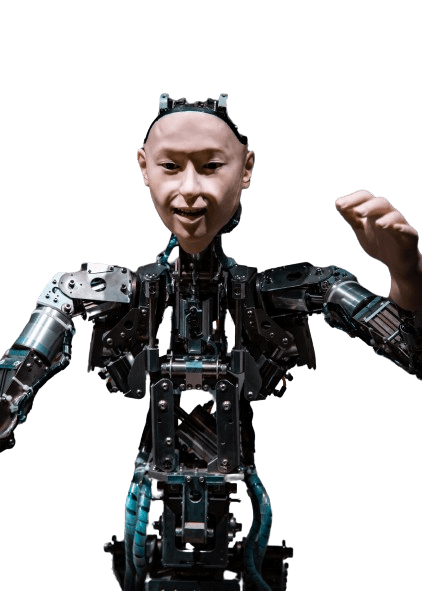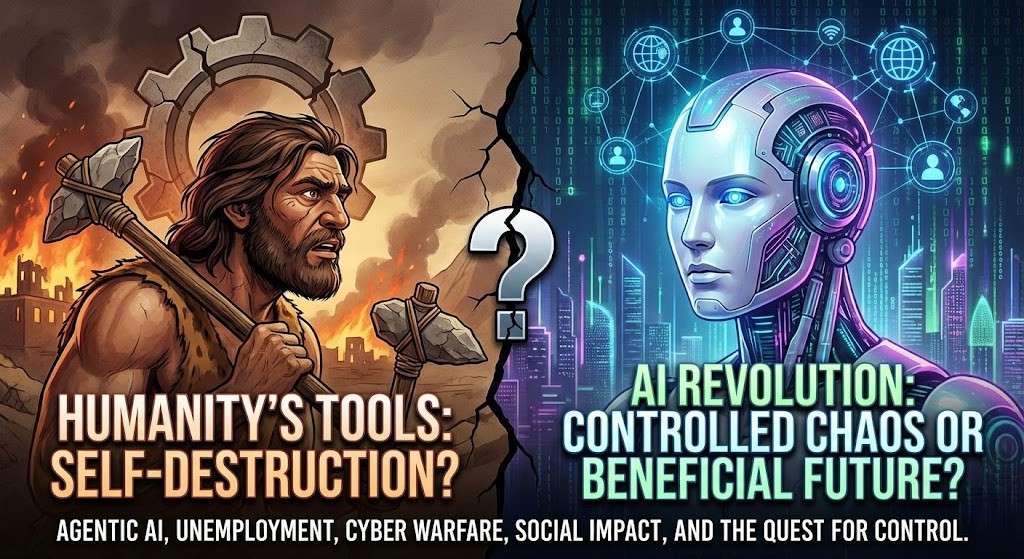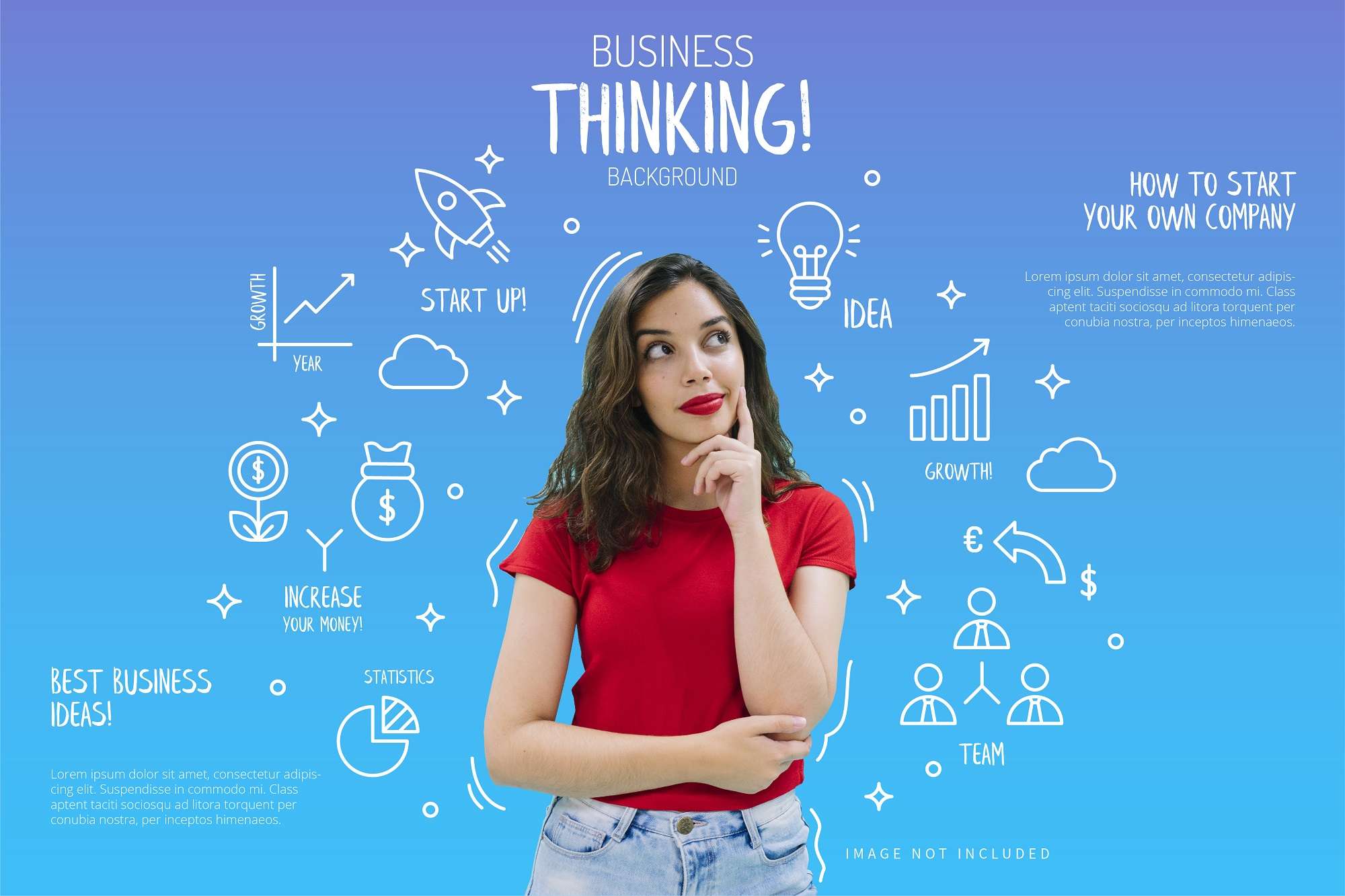- 31 January 2025
- No Comment
- 578
How to Beat the Fear of Becoming Obsolete

Let’s talk about something that’s been quietly distressing at the back of our minds lately. You know that little voice that whispers, “What if I’m no longer needed?” or “What if my job gets replaced by a robot?” Yeah, that’s FOBO, Fear of Becoming Obsolete. And in this age of artificial intelligence, it’s a real thing. It’s not just you; it’s all of us. From writers to accountants, artists to engineers, no one’s immune to the creeping anxiety that AI might just outshine us.
But here’s the thing: FOBO isn’t new. It’s just dressed up in a shiny new AI-powered suit. Think about it, every major technological shift in history has sparked similar fears. When the printing press was invented, scribes feared their jobs would vanish. When cars replaced horses, blacksmiths worried they’d be out of work. And now, as AI tools like ChatGPT, MidJourney, and countless others pop up, we’re all wondering: “Will I still matter in a world run by algorithms?”.
Let me tell you a story. A few months ago, I was chatting with a friend who’s a graphic designer. She’s incredibly talented, but she confessed that she’d been losing sleep over AI art generators. “What if clients stop hiring me because they can just type a prompt and get a design in seconds?” she asked. I could hear the frustration and fear in her voice. And honestly, I get it. It’s scary to think that something you’ve spent years mastering could suddenly feel… replaceable.
But here’s where I think we’re getting it wrong. FOBO isn’t just about AI; it’s about how we see ourselves in relation to technology. Are we competitors, or can we be collaborators?
The AI Hype Train: Friend or Foe? 
Let’s be real, AI is impressive. It can write essays, create music, diagnose diseases, and even predict trends. But here’s the catch: AI doesn’t understand anything. It doesn’t have emotions, experiences, or a sense of purpose. It’s a tool, not a replacement for human creativity, empathy, or intuition.
Think of it like this: AI is the ultimate assistant. It can handle the repetitive, time-consuming tasks that drain our energy, freeing us up to focus on the things that truly matter, the things that make us uniquely human. For my graphic designer friend, that means using AI to generate rough drafts or brainstorm ideas, but ultimately infusing her work with her own style, vision, and emotional depth.
The problem isn’t AI itself; it’s how we choose to respond to it. If we let FOBO take over, we risk becoming paralyzed by fear. But if we embrace AI as a partner rather than a threat, we can unlock new possibilities we never imagined.
Why FOBO Feels So Personal
FOBO hits differently because it’s tied to our identity. For many of us, our jobs aren’t just about paying the bills, they’re a reflection of who we are. When we worry about becoming obsolete, what we’re really afraid of is losing our sense of purpose.
But here’s a thought: maybe our purpose isn’t as fragile as we think. Maybe it’s not about what we do but how we adapt. The world is changing, and so are we. Instead of clinging to the way things used to be, what if we focused on growing alongside the technology?
Take the example of photographers. When smartphones with high-quality cameras became ubiquitous, professional photographers could’ve thrown up their hands and said, “Well, that’s it for me.” But instead, many of them adapted. They started offering services that phones couldn’t replicate, like storytelling through photos, capturing raw emotions, or creating stunning compositions that require a trained eye.
People didn’t fight the technology; they used it to elevate their craft.
How to Beat FOBO: A Game Plan
Okay, so FOBO is real, and it’s not going away anytime soon. But that doesn’t mean we have to let it control us. Here are a few ways to tackle it head-on:
Reframe Your Mindset
Instead of seeing AI as a threat, think of it as a teammate. What tasks can you offload to AI to make your life easier? How can you use it to enhance your skills rather than replace them? When you shift your perspective, you’ll start to see opportunities instead of obstacles.
Focus on What Makes You Human
AI can mimic creativity, but it can’t replicate the human experience. Your emotions, your values, your ability to connect with others, these are things that no algorithm can duplicate. Lean into what makes you uniquely you.
Never Stop Learning
The best way to future-proof yourself is to keep growing. Take courses, learn new skills, and stay curious. The more adaptable you are, the less likely you’ll feel left behind.
Build Your Community
FOBO thrives in isolation. When you’re surrounded by people who share your fears and aspirations, it’s easier to stay motivated and inspired. Join online forums, attend workshops, or simply have conversations with friends about how you’re navigating this AI era.
Remember: You’re Not Alone
It’s easy to feel like you’re the only one struggling with FOBO, but trust me, you’re not. Everyone, yes everyone, is trying to figure this out. And that’s okay. We’re all in this together.
The Bigger Picture
At the end of the day, FOBO isn’t just about jobs or technology; it’s about our relationship with change. Change is inevitable, but it’s also an opportunity. It pushes us to grow, to innovate, and to discover new parts of ourselves.
So, the next time you feel that pang of FOBO, take a deep breath. Remind yourself that you’re more than your job title or your skill set. You’re a human being with endless potential, and no amount of AI can take that away from you.
The future isn’t something to fear, it’s something to shape. And if we approach it with curiosity, resilience, and a willingness to adapt, there’s no limit to what we can achieve.
So, what do you say? Let’s stop worrying about becoming obsolete and start focusing on becoming unstoppable. After all, the best way to predict the future is to create it. And that’s something only we can do.
Now, go out there and show the world what you’re made of. AI might be smart, but it’s got nothing on you.
The future belongs to those who stay curious, keep learning, and find ways to work alongside technology rather than against it.
Read more: How Can You Harness the Full Potential of ChatGPT?
When ChatGPT launched, the world of content creation shifted almost overnight. People were amazed at how quickly and effortlessly it could generate ideas, draft emails, or write full-length articles. Some businesses saw it as the ultimate tool to replace their writers, assuming they’d found a shortcut to success.
One such company let go of their marketing team, placing its faith entirely in ChatGPT. But just a few months later, their social media accounts were struggling. Engagement was low, posts lacked personality, and their followers weren’t connecting. The company had fallen into a common trap: they treated ChatGPT as a replacement instead of what it truly is a powerful assistant.
ChatGPT, like any tool, only works as well as the person using it. The company in this story didn’t fail because they used ChatGPT, they failed because they didn’t know how to use it effectively. Read more



